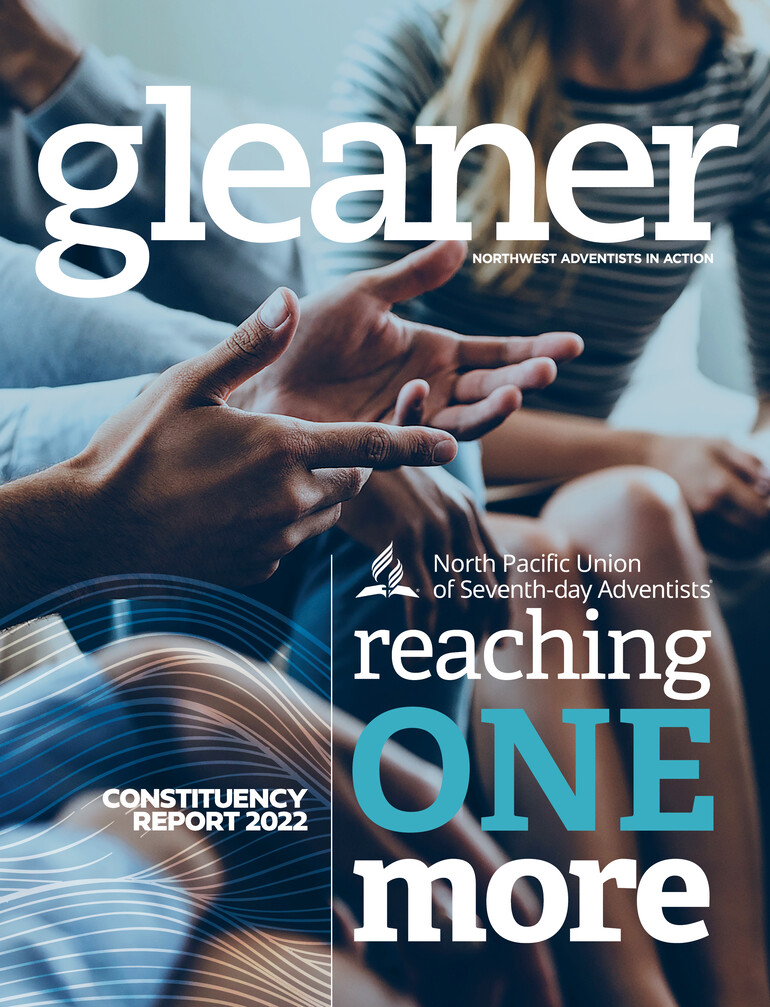Every Northwest Adventist institution has an obligation to carry out its mission with an honest regard for financial accountability. Part of that accountability comes in the form of regular audits of financial records — many of which are done by the staff from the regional office of the General Conference Auditing Services. Here's a quick overview of the typical auditing process and why it matters.
What are the main duties of an auditor who audits the finances of a church/school or conference?
The auditors' main responsibility is to report whether church entities (academies, Adventist Book Centers, conferences, the union, etc.) have prepared their financial statements in accordance with generally accepted accounting principles and complied with denominational policies. Auitors examine the financial records of each organization and determine if their financial statements are compliant. In addition, we perform a review of core policies. These are a specific list of financial policies compiled by the General Conference and adopted by the North American Division. Each church entity is required to follow the working policies of the church/NAD.
Once an audit is complete, a report is issued to that institution’s operating board on whether its financial statements are presented fairly and if they comply with generally accepted accounting principles as accepted by the denomination. A report is included on the evaluation of the organization’s internal controls.
The GCAS only audits institutions that are included in the Seventh-day Adventist Yearbook. Local churches, junior academies and elementary schools have reviews done by the local conference.
What limitations or guarantees do audits provide?
Even though auditors are employed by and perform their duties on behalf of the General Conference, their work is performed in accordance with the same standards as if they were in public practice.
What does a typical school or conference audit NOT do?
A financial audit does not make a final determination on whether an organization is financially healthy, although auditors do evaluate whether the organization will be able to operate at least 12 months after the end of the fiscal year. The goal is to ensure that the financial statements are fairly, accurately and honestly stated so the organization’s management and governing board can make informed decisions regarding its direction.
What specific kinds of anomalies do auditors watch for?
Auditors look carefully at the internal controls of the organization. Does the provided documentation adequately support the record of balances and transactions in the financial statements? Or are there gaps in that documentation that leave the records open to question?
What process is in place to deal with fraud if it is found by a GCAS auditor?
Fraud is not a common occurrence in GCAS audit work; however, it does unfortunately happen at times. If fraud is discovered or suspected, the auditor will discuss the findings with their regional manager. Then the issue will be discussed with the officers of the organization and, depending on the nature of the item, the next higher organization. Auditors will also include this in their report to the local organization’s board. It is up to the management and/or the board to determine the actions the organization will take.
What does an audit cost? Who pays for the school or conference audits?
The NAD pays for 50 percent of the cost of the audit. Within the Northwest, the North Pacific Union Conference pays 25 percent, and the remaining 25 percent is passed on to the local conference where the audited institution is based. The billing structure is on a cost-recovery basis. There is no profit margin based into GCAS rates. The goal is to provide excellent audit services to the Seventh-day Adventist Church at the best value possible.
How often are institutional audits performed?
GCAS performs a financial audit for each organization on their list annually. They also do a review of each local conference trust program once every three years. So, each year GCAS generally has 26 financial audits and a couple of conference trust reviews.








